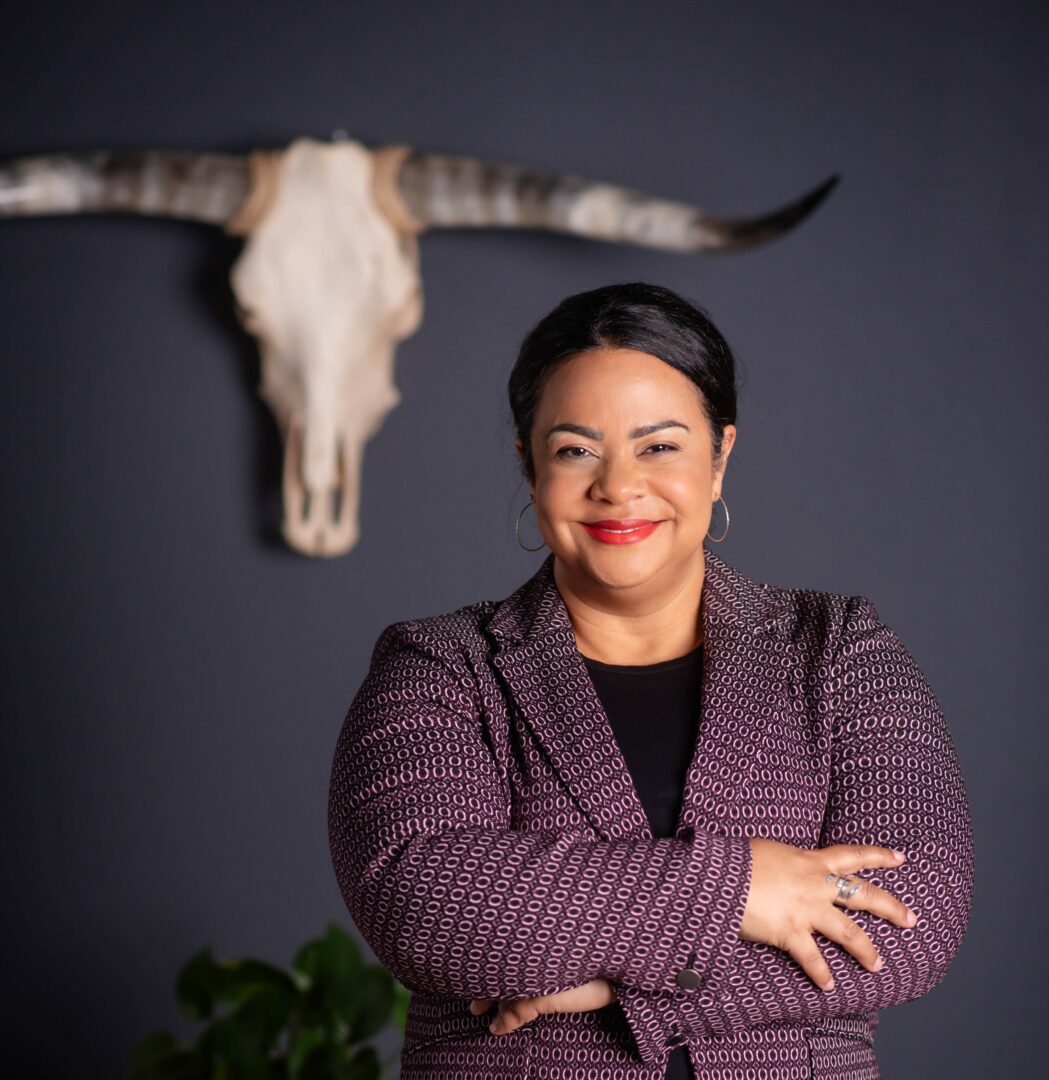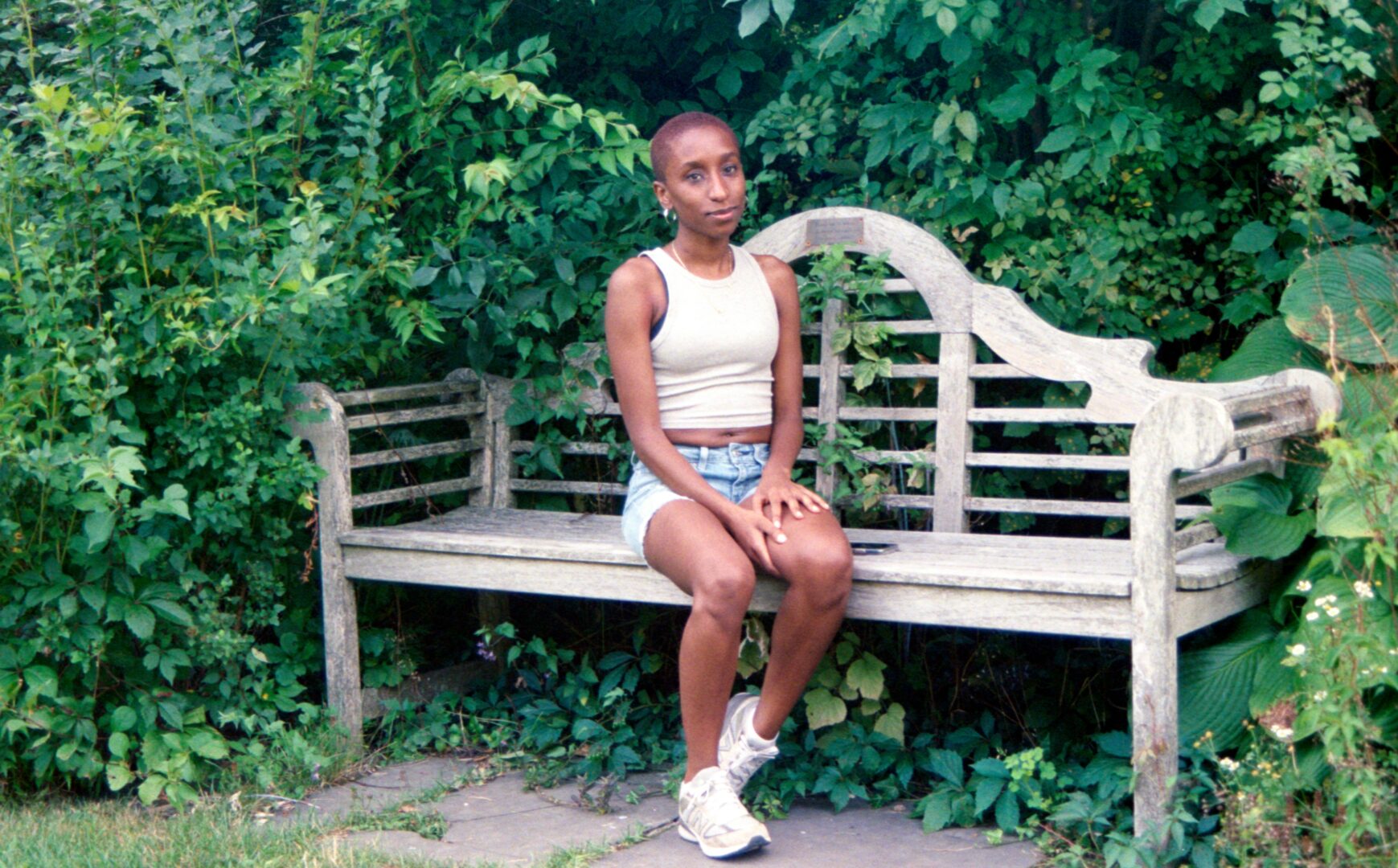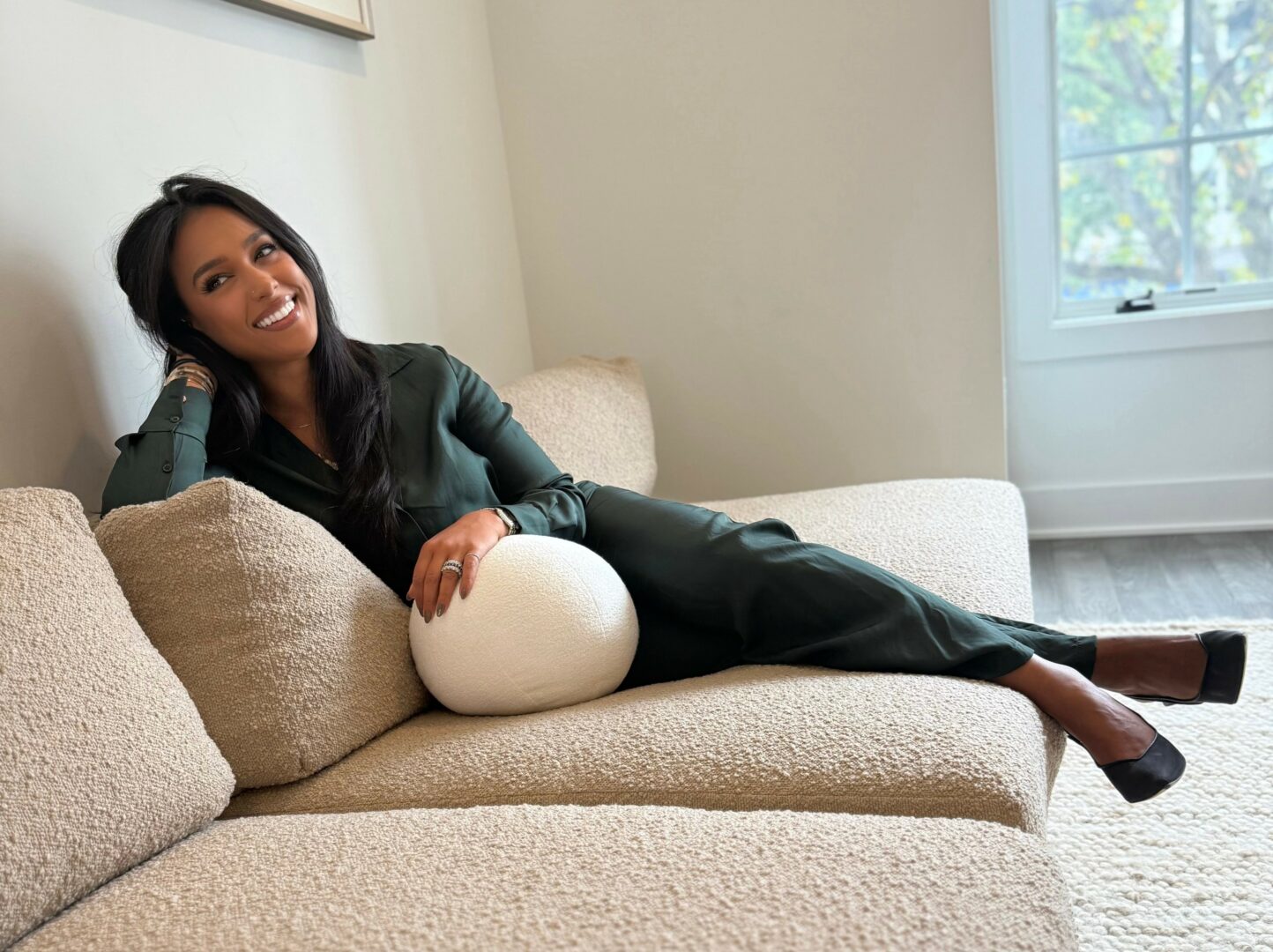Alright – so today we’ve got the honor of introducing you to Wade Patterson. We think you’ll enjoy our conversation, we’ve shared it below.
Hi Wade, thank you so much for opening up with us about some important, but sometimes personal topics. One that really matters to us is overcoming Imposter Syndrome because we’ve seen how so many people are held back in life because of this and so we’d really appreciate hearing about how you overcame Imposter Syndrome.
Most people struggle with imposter syndrome at some point in their creative journey. My moments of most extreme growth as an artist occurred while I was “faking it to make it.”
When I first started working in the film industry, I got hired on a multi-million dollar feature film as a media manager in my home state of Mississippi. My main task would be backing up all the footage and shipping it to the editor in L.A. Someone told the producers that I was a talented First Assistant Camera, the position that pulls focus for every shot. They came back and offered to promote me to the new position.
In my mind, I knew I was unprepared. I had only worked as a First AC on one previous film, so I really could only say I had done it–not that I had done it well. But media managers sat in the office, and First ACs stood right next to the camera for every shot on set. I asked myself where I wanted to be, and the answer was clear. I said yes, and the next three weeks were some of the most stressful of my life.
Every day, I got on set and felt like an imposter. The Director of Photography (my direct supervisor) on that film had shot one of the biggest independent films of the last five years, and he walked up to me one day while we were waiting for the lighting crew to finish setting up. He sighed as he watched them and then turned to me and said:
“Well, Wade, you’re not the best focus puller I’ve ever worked with, but by the end of this movie, you might be.”
Then, he walked away whistling and I stood there crushed. I went home and laid in bed and wondered what I was doing, but I got up the next day and went to work. What else could I do? And I survived. I did become a pretty decent focus puller by the end of the film and I continued to do the job for several years until I moved up into being a Director of Photography myself.
That job challenged me but it also proved that I could do it, and so even when a new project feels too big, I simply get up every morning and show up. That’s all you can do, sometimes. Imposters stay home.

Thanks for sharing that. So, before we get any further into our conversation, can you tell our readers a bit about yourself and what you’re working on?
I write, direct, and produce independent films. I have done dozens of shorts films, two web series, and series of short documentaries on homelessness. I love telling stories and I started as a writer, but the appeal of collaborating with others drew me to filmmaking.
I am now in post-production on my first feature length called Death Cipher. The film follows a disgraced journalist as she discovers a mysterious internet puzzle that has led to the disappearance of several people. I wrote the script as well as directing and shooting the film. I had a great team, but it was very small, so we had to get very creative in the process of making a film that runs 95 minutes. We found clever ways to get around our very low budget and I am very proud of the end result.

Looking back, what do you think were the three qualities, skills, or areas of knowledge that were most impactful in your journey? What advice do you have for folks who are early in their journey in terms of how they can best develop or improve on these?
Reading has always been a huge comfort. I’ve discovered worlds and found new, challenging ideas through reading books of every kind. This has also taught me how to put my thoughts together in a sensible way. I would not be a great writer if I was not a great reader.
One of the things that has helped me most in my creative endeavors has been receiving feedback from others. I’ve noticed that people who do not grow as artists tend not to take critical feedback well. It hurts when someone says something negative about your work, but many times I’ve found that they are right. Maybe there’s a note behind their note that makes sense–even if on the surface I don’t agree with it. Ultimately, it hurts because it is medicine that is healing your art and making it better. So always be open to feeback.
Listening to other art forms has also helped. I’ve learned so much by listening to comedians talking about their experiences improving their comedic chops. They have to endure so much failure for so long to develop the skills to make a room full of people laugh night after night. For filmmakers, you sit in a dark room editing your feature film, and then you premiere and wait with bated breath to see what people think. I want to emulate the comedian’s process as much as I can in the editing phase.
If you are an artist looking to get into filmmaking or any other art form, I would suggest delving as deep into your artform as possible. For the filmmaker, that means watching difficult films–ones that are not made for pure entertainment. Read books that challenge your perceptions. Study art that disgusts you. Go to new places and uncover new ideas so that you can grow.

If you knew you only had a decade of life left, how would you spend that decade?
Marketing and distributing a feature film is very difficult. 97% of all independent films never turn a profit. I am finishing my film Death Cipher and looking to festivals and the distribution market, but I know I have a lot to learn. I have been researching the best way to get as many eyeballs on my film as possible.
The question is: how do we get our tiny film with a micro-budget on all the same platforms as these larger films? The next question is: how do we get people to actually click on our film on a streaming service? This will be an uphill climb, but I know many artists face a lot of the same challenges.
The upside is that more power lies with the creator these days. In the past, you had to completely rely on these larger distributors but now authors self-publish on Amazon, painters hold art shows in coffee shops, and filmmakers can put their films on Youtube for free if they like. I feel hopeful that we will find the best option for our film.
Contact Info:
- Instagram: @realwadepatterson
- Linkedin: https://www.linkedin.com/in/realwadepatterson/
- Youtube: https://www.youtube.com/+blazewalkerpictures



so if you or someone you know deserves recognition please let us know here.




